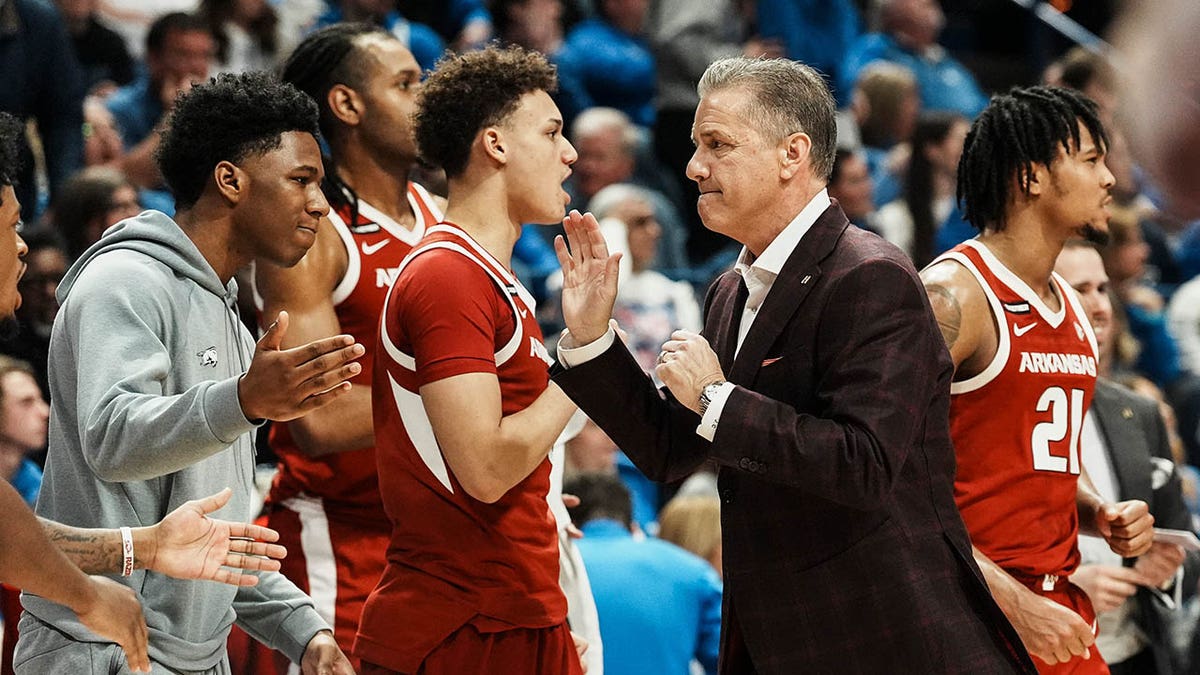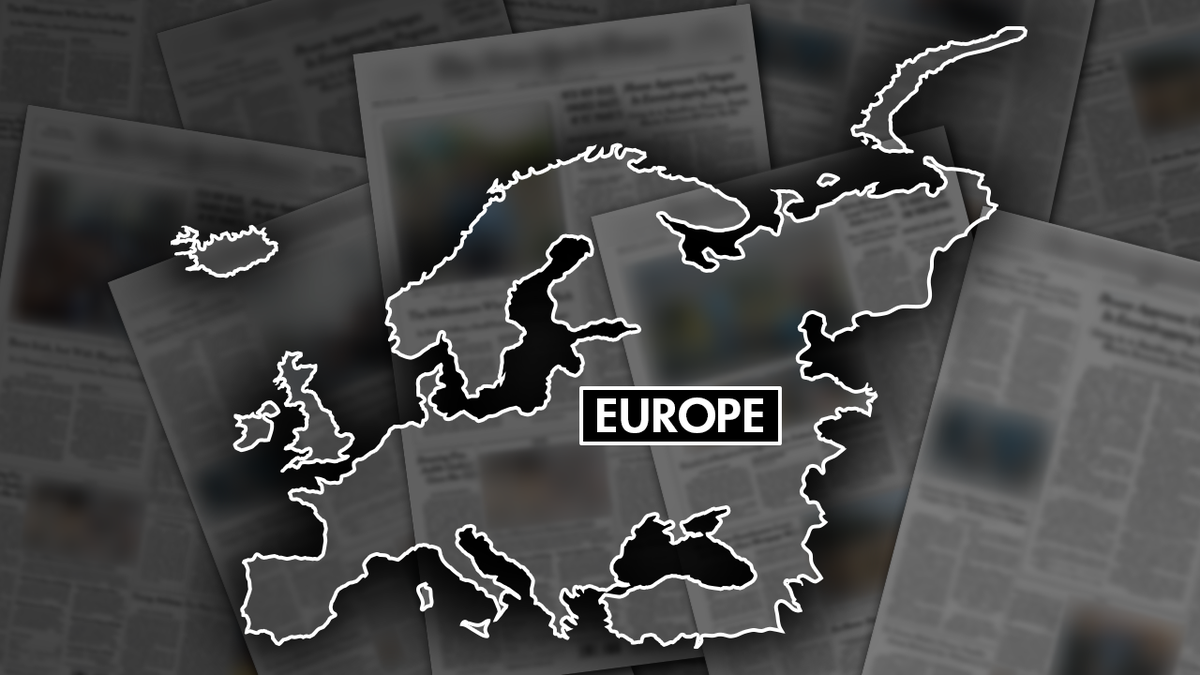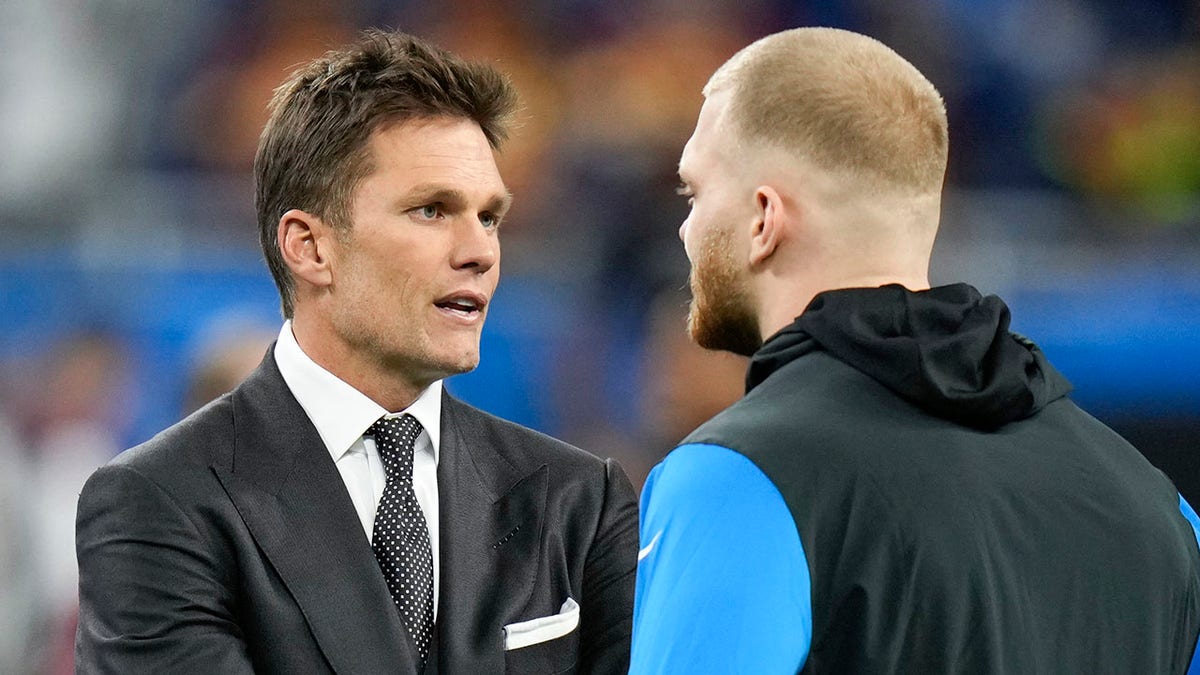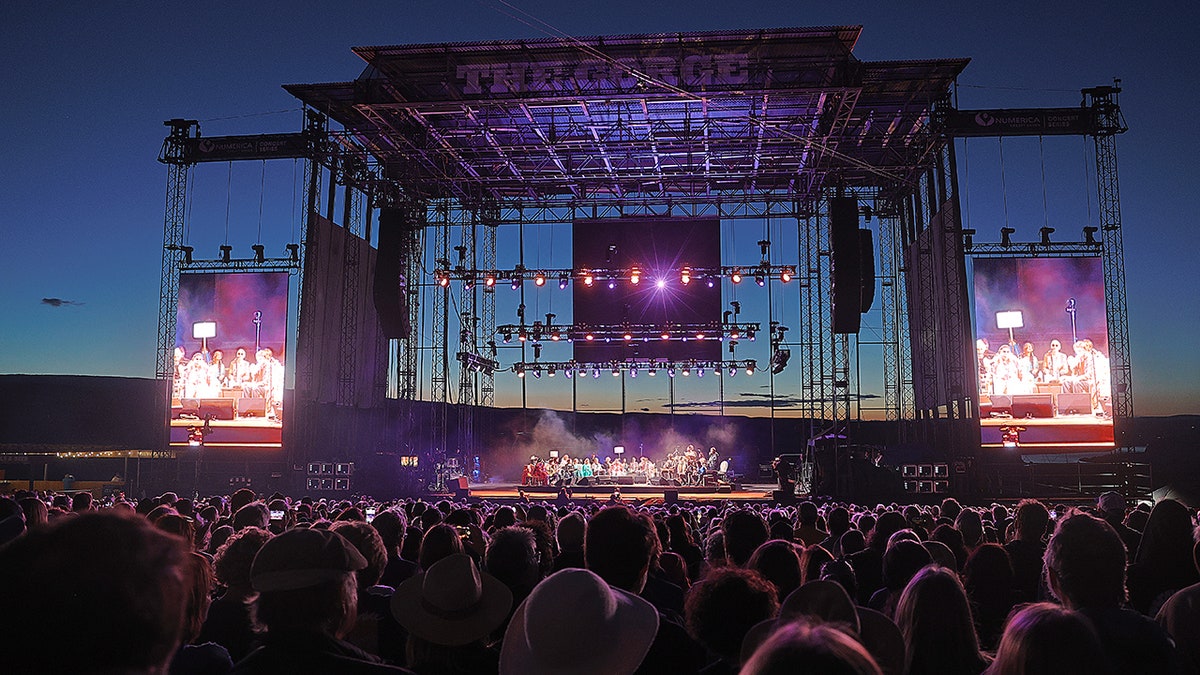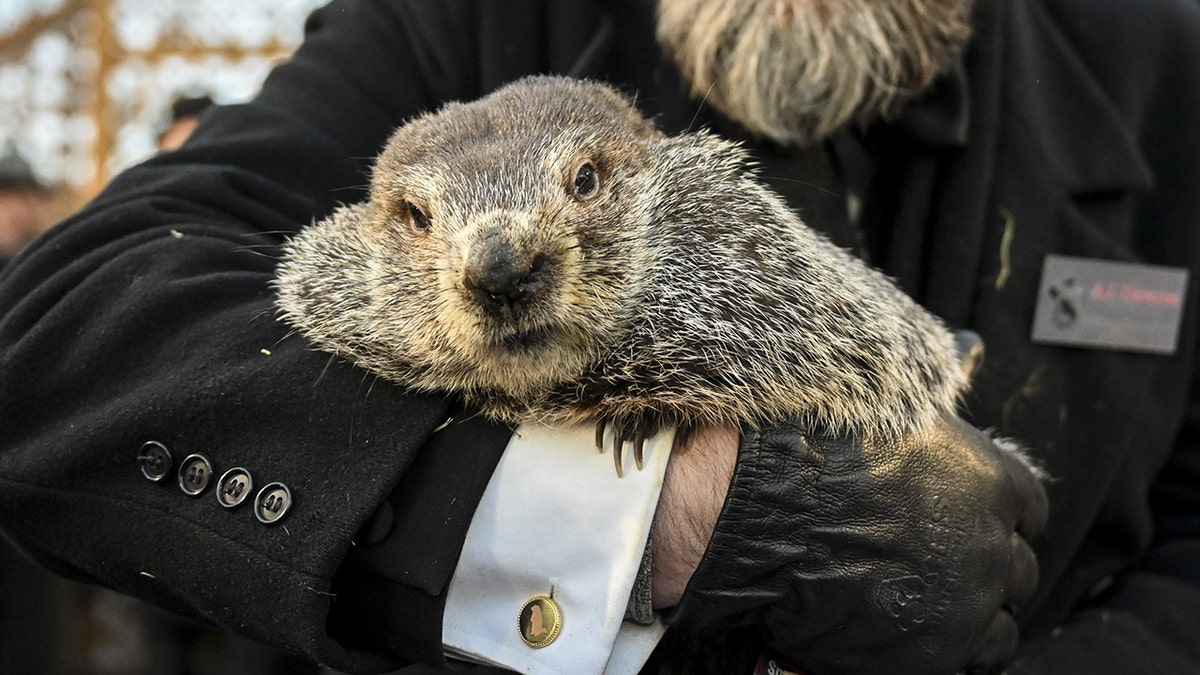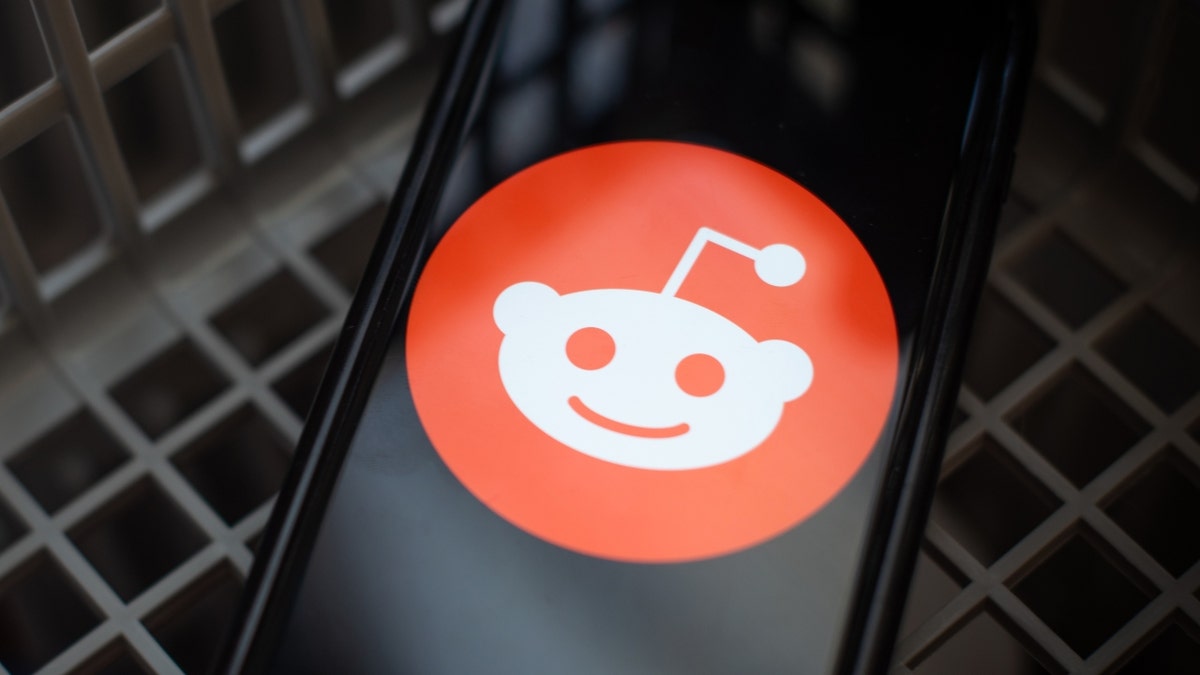A recent study reveals a concerning trend in academia: a significant majority of university faculty members believe that conservatives would struggle to find acceptance within their departments. Conducted by the Foundation for Individual Rights and Expression (FIRE), the survey polled 6,269 faculty members across 55 prominent colleges and universities over a three-month period.
The results paint a stark picture of perceived ideological intolerance. While 71% of faculty expressed confidence that a liberal individual would integrate well within their department, a mere 20% felt the same about conservatives. This disparity raises questions about the potential for viewpoint diversity and open discourse within higher education.
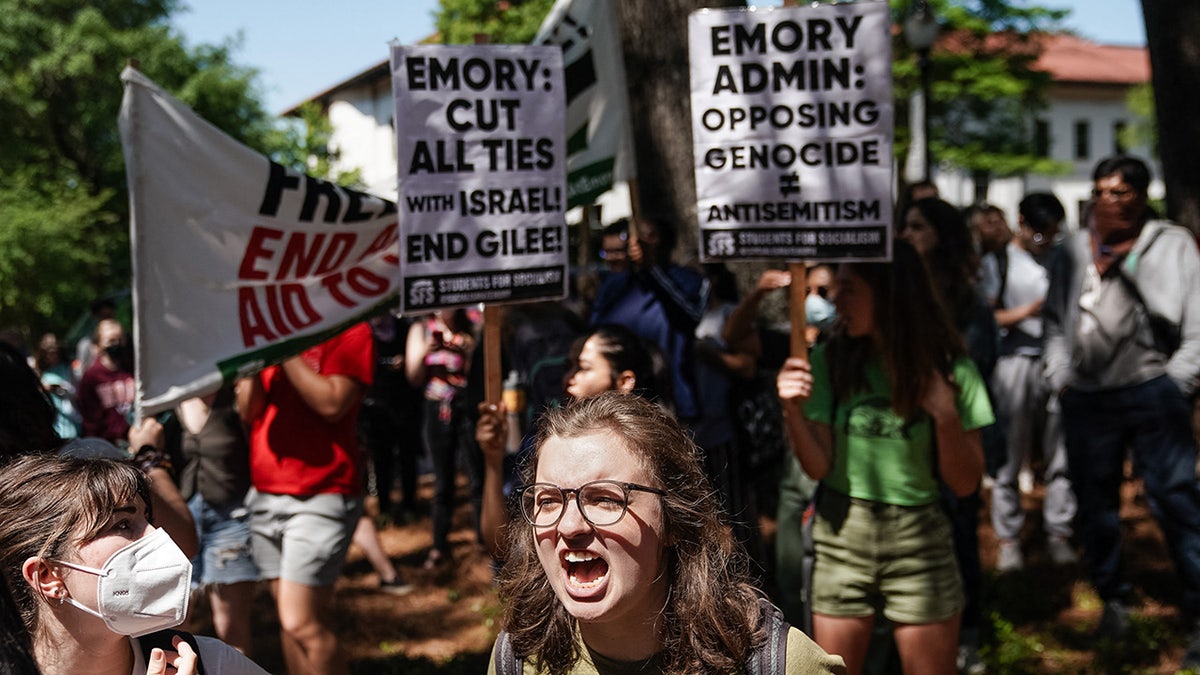
Students participating in a pro-Palestinian protest at Emory University in Atlanta, Georgia, on April 25, 2024. (Photo by Elijah Nouvelage / AFP via Getty Images)
FIRE's report also highlighted a pervasive atmosphere of self-censorship among faculty. A substantial portion of respondents admitted to concealing their political views to avoid potential backlash. This trend was particularly pronounced among conservative faculty, with over half indicating they felt compelled to hide their beliefs to protect their jobs. In contrast, only 17% of liberal faculty reported feeling the need to self-censor.
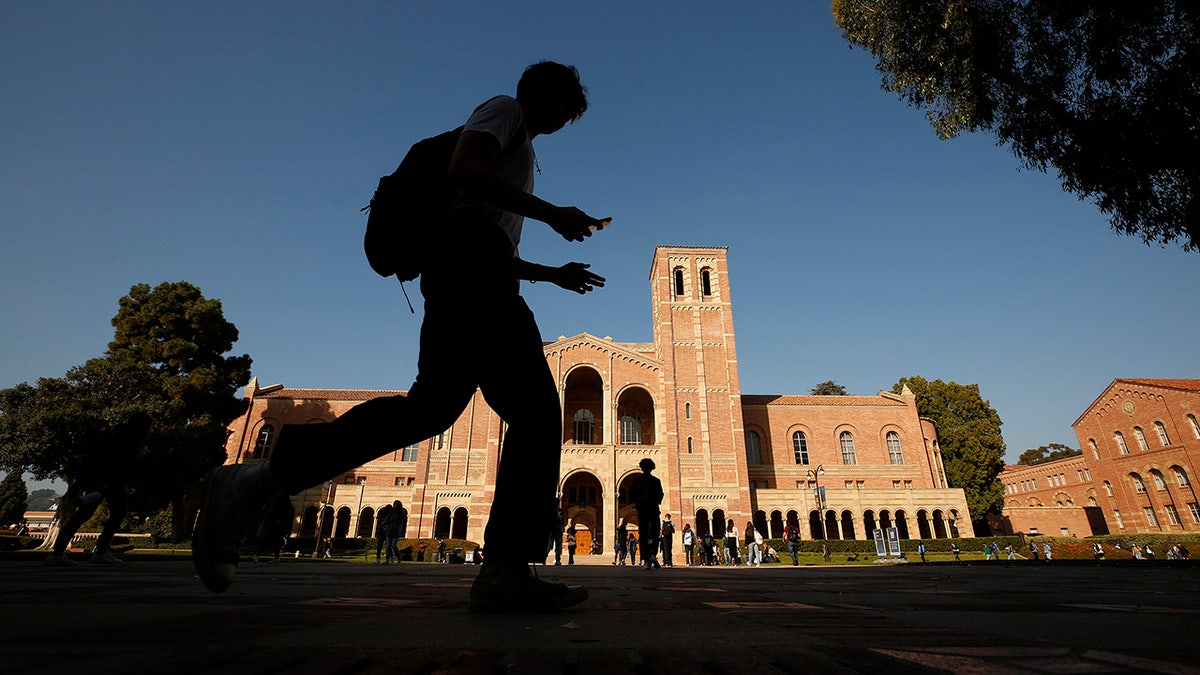
The Foundation for Individual Rights and Expression surveyed over 6,000 faculty members at 55 major colleges and universities. (Al Seib / Los Angeles Times via Getty Images)
Nathan Honeycutt, FIRE's Manager of Polling and Analytics, drew a parallel to the McCarthy era, a period notorious for suppressing academic freedom. Honeycutt argued that the current climate, where scholars feel less comfortable expressing their views than in the 1950s, is a troubling indictment of the state of academic discourse today.
The scarcity of conservative faculty further exacerbates the issue, according to Honeycutt. Their reluctance to share their perspectives limits students' exposure to a range of viewpoints, potentially creating an echo chamber within academic settings.

The study suggests that open dialogue about contentious political issues is increasingly difficult on college campuses. A significant 87% of faculty reported finding it challenging to engage in honest conversations about politically charged topics. Furthermore, the report indicates a rise in self-censorship in academic publications. 35% of faculty admitted to softening their written work to avoid controversy, a figure four times higher than that reported by social science faculty in the 1950s.

